Julia Azari on Trumpism and shifts in the Republican Party
Marquette University political science professor Julia Azari considers how former President Donald Trump has had a role in broad changes to how the Republican Party approaches politics and elections.
By Nathan Denzin | Here & Now
August 8, 2024
VIDEO TRANSCRIPT
Nathan Denzin:
Is Trump a threat to democracy?
Julia Azari:
Good question. And it's a good question not because I think that we're not at a precarious point in democracy, but because what I think about is the extent to which it's Trump and the extent to which it's sort of Trumpism in this larger project of thought. But I think both have elements. For Trump, I think part of it is the way that he's been able to use the kind of platform that he has. He's already, prior to running for president, a really prominent national entertainment figure, and then as president, has this sort of huge platform to speak with his supporters. And we've seen that that's resulted in threats, in violence, in the insurrection at the Capitol on January 6th. And so he has this kind of immense public power, I think, over a relatively small segment of the population, but a significant one. And at the same time, I also think that some of the elements, of what the kind of larger Trumpism project is, are really are at odds with the peaceful transition of power, are at odds with respecting institutions and guardrails. And, you know, I will say, political scientists and historians were some of the first people to be concerned about this back in 2015. So as much as I think academics often like to step back from the political process and not say positive or negative things about one candidate or another, I think our evaluation of the evidence and our evaluation of how this has played out in other contexts has led us to be pretty alarmed, even relative to average people watching the spectacle on TV or relative to journalists or other people.
Nathan Denzin:
How has Trump shifted the Republican Party? And I think you touched on it a little bit there. But how has he really taken the party from where it was, 2014, to where it's now, 10 years later?
Julia Azari:
Yeah, I think that one thing that Trump has sort of done is he's played with the anti-establishment sentiment that was already really building. By 2014, you were already seeing established candidates losing their primaries to this kind of tea party upstart. So we're seeing a lot of those elements in the party, and those have been there for a long time. But what you're seeing is Trump sort of using that, taking that further, and taking that into kind of the next level of undermining political institutions, undermining the idea of cross-party cooperation. I think he's done that with the Republican Party. The other thing that I think is important that Trump has done with the Republican Party is that he's consistently put other Republicans in positions that it's fairly clear they don't want to be in, defending things they don't want to defend. And in some ways, that's an exercise of power over them. That's a way of exercising power over other people, to force them to defend you and kind of cross what they would otherwise be inclined to do. And in other ways, it does shrink the coalition. And I think this is the other thing we've sort of seen with the Republican Party is it's gone from kind of George W. Bush's Republican Party that had some national coalition potential to actually a much narrower, more geographically concentrated party.
 Passport
Passport




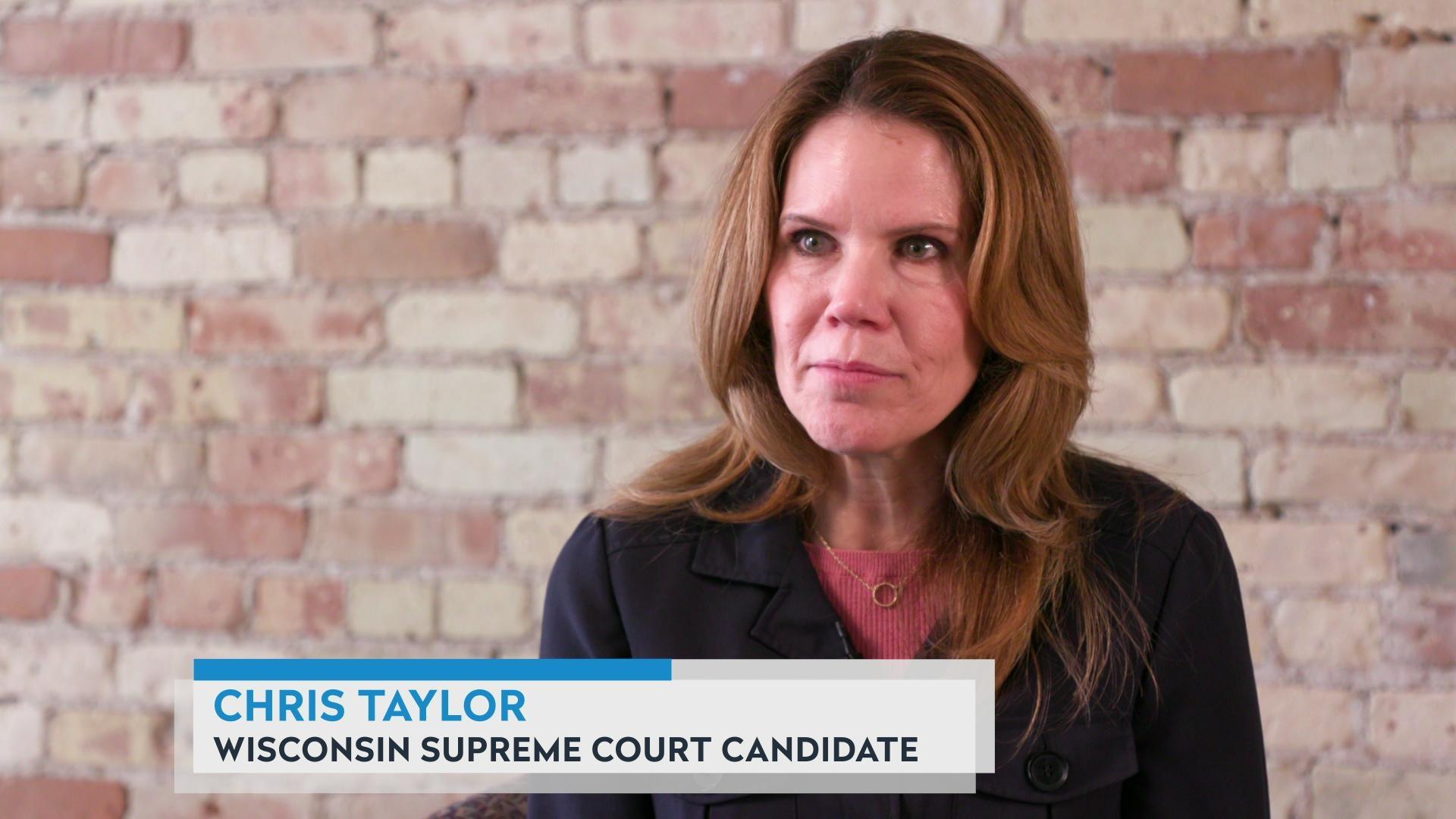
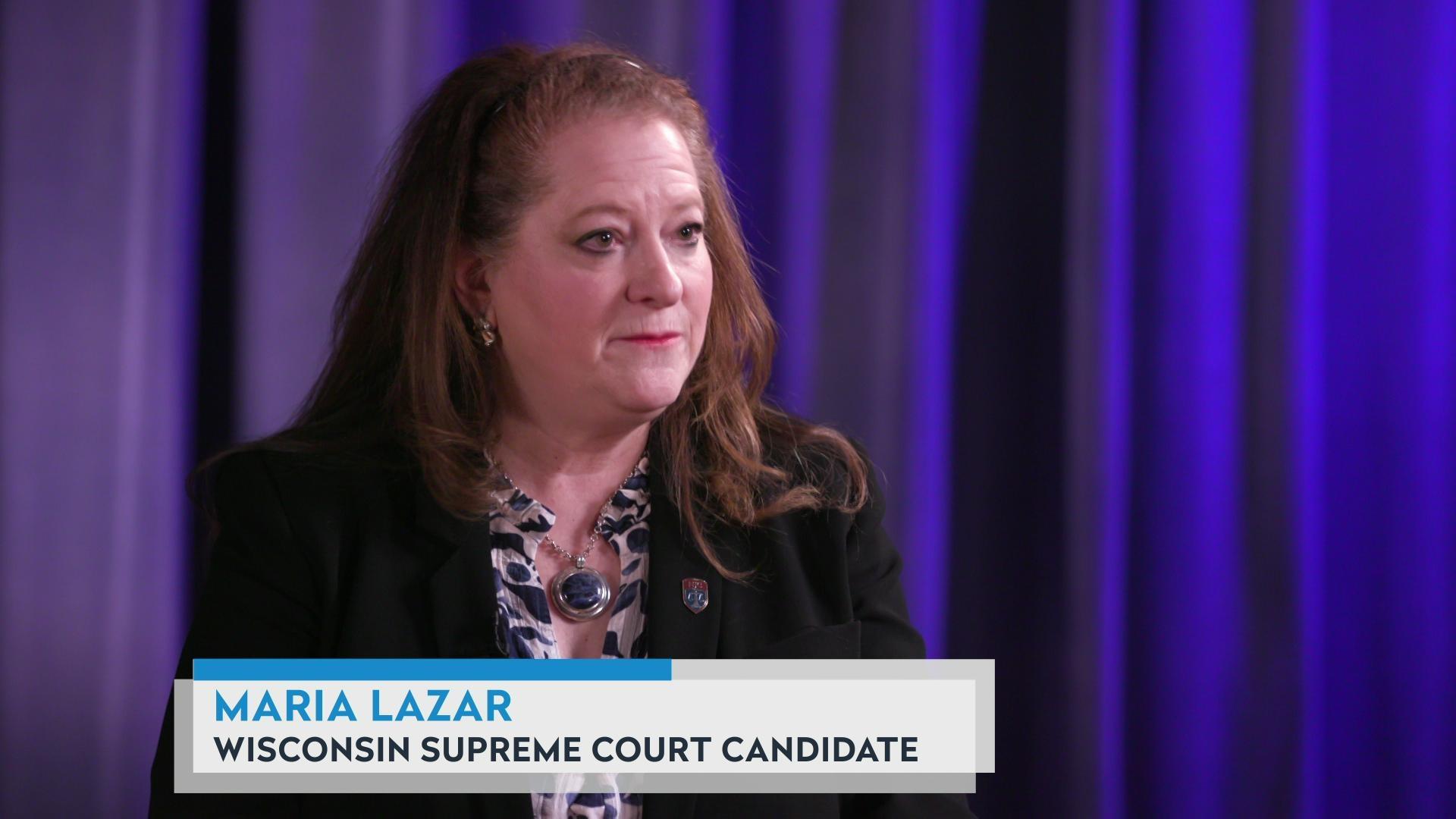
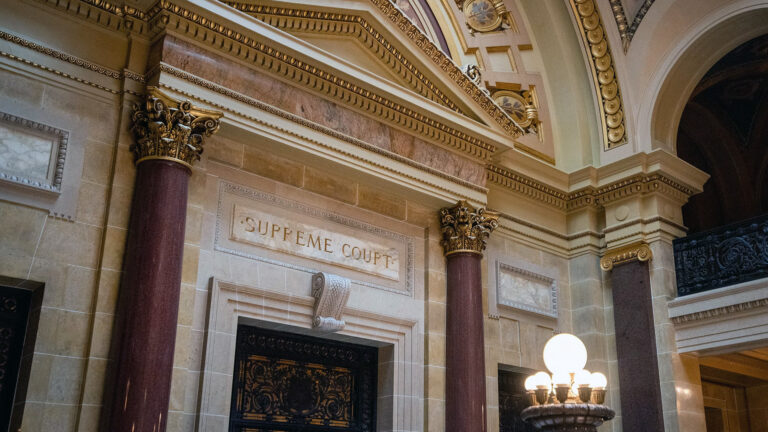
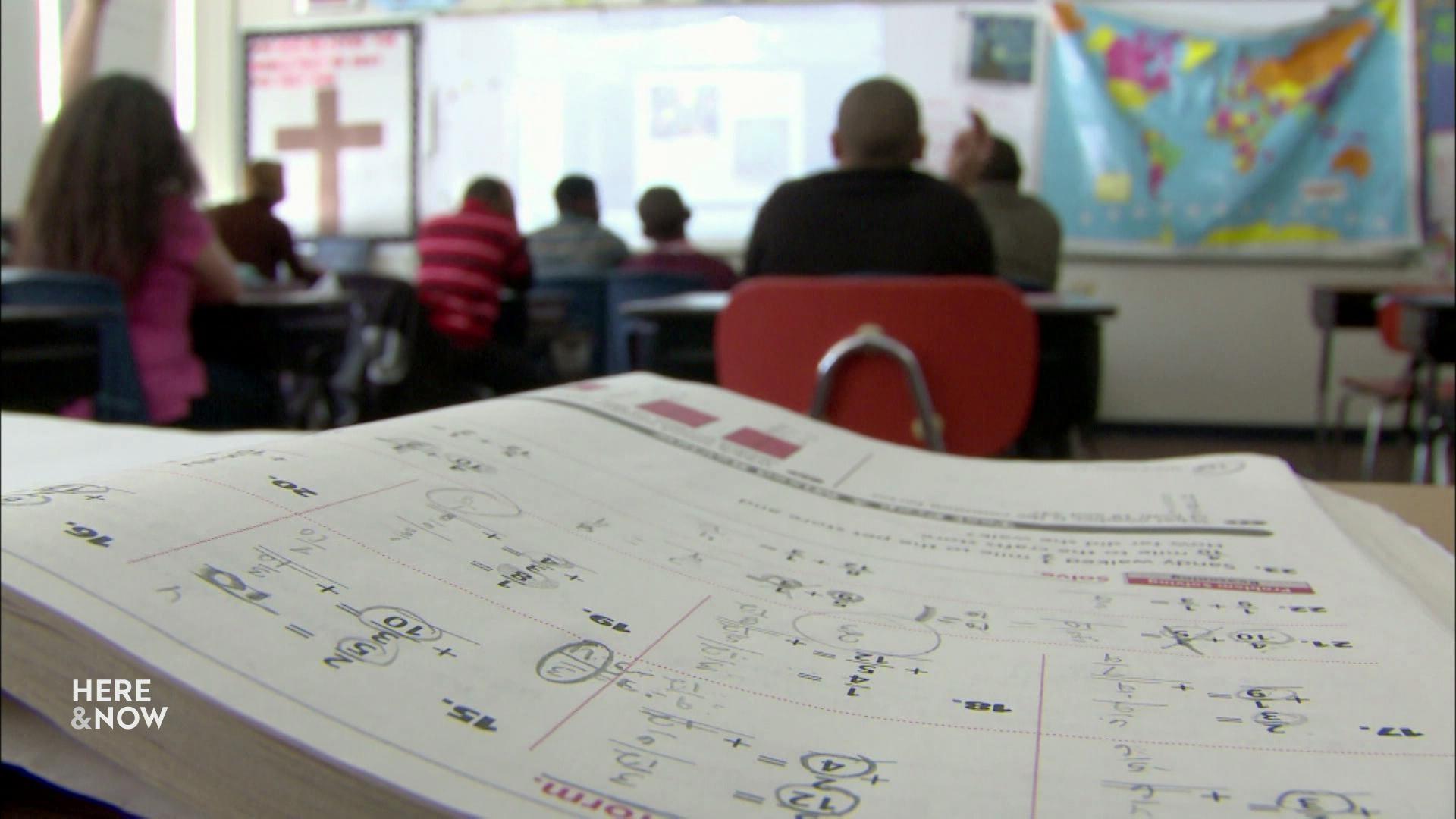
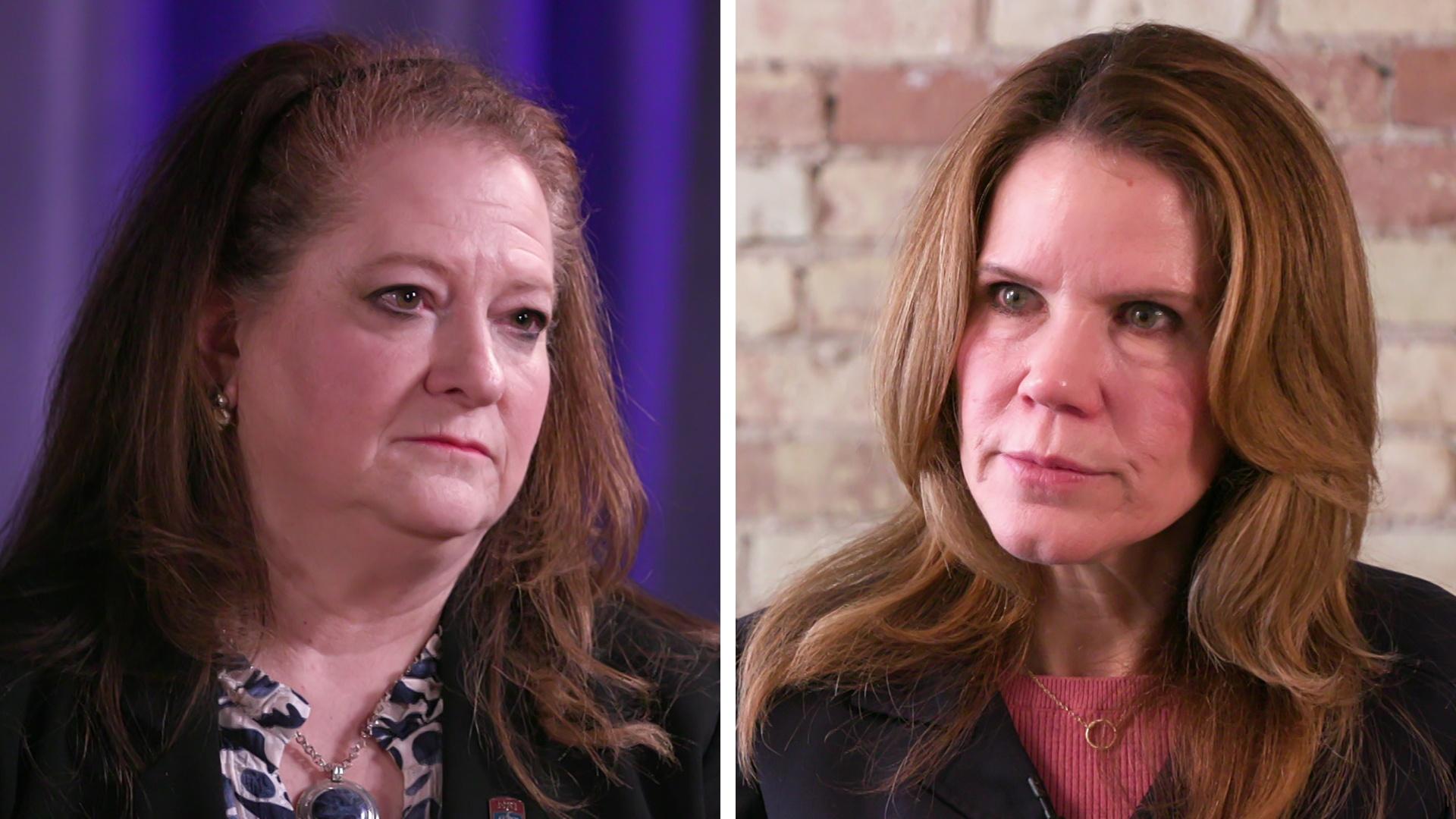


Follow Us